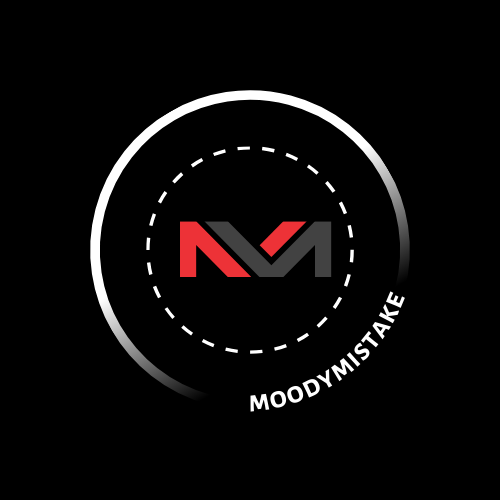1. Introduction
The term “dirty pass” carries varied meanings across different fields, including aviation, motorsport, and online platforms. Understanding its context-specific definitions is crucial for professionals and enthusiasts alike. This article delves into the diverse interpretations of “dirty pass,” examining its applications, implications, and the ethical considerations surrounding its use.
2. “Dirty Pass” in Aviation
In aviation, a “dirty pass” refers to a flight maneuver where an aircraft flies at low altitude with its landing gear and other high-drag components deployed. This configuration, known as “dirty” due to the increased aerodynamic drag, is often showcased during airshows to demonstrate the aircraft’s landing approach or slow-speed handling capabilities.
Characteristics of a Dirty Pass:
- Landing Gear Deployment: The aircraft’s landing gear is extended, increasing drag and altering flight dynamics.
- Flap Extension: Flaps are deployed to increase lift at lower speeds, essential for landing approaches.
- Low-Speed Flight: Pilots maintain controlled flight at reduced speeds, showcasing the aircraft’s stability and handling.
Performing a dirty pass requires precise piloting skills to manage the altered aerodynamics and ensure safety during the maneuver.
3. “Dirty Pass” in Motorsport
In the realm of motorsport, a “dirty pass” denotes an overtaking maneuver executed in a manner considered unsportsmanlike or against racing regulations. Such passes often involve aggressive tactics that may endanger other drivers or violate the established code of conduct.
Common Scenarios Involving Dirty Passes:
- Forcing Another Driver Off the Track: Deliberately pushing a competitor beyond the track limits to gain position.
- Cutting Corners: Taking shortcuts or not adhering to the track layout to overtake another vehicle.
- Brake Checking: Suddenly decelerating in front of another driver, causing them to brake abruptly and potentially lose control.
Engaging in dirty passes not only jeopardizes the safety of all participants but can also lead to penalties, disqualification, and damage to a driver’s reputation within the racing community.
4. “Dirty Pass” in Online Platforms
The phrase “dirty pass” has also surfaced in the context of online platforms, particularly concerning websites offering unauthorized access to premium content. One such example is “durtypass.com,” a site that has garnered attention for its controversial services.
Overview of durtypass.com:
- Service Offered: The website claims to provide access to premium adult content through shared login credentials, often obtained without proper authorization.
- Trustworthiness: Reviews and analyses from platforms like Scamadviser have raised concerns about the legitimacy and ethical implications of such services. Users are cautioned about potential legal repercussions and the risks associated with using unauthorized access to copyrighted material.
Engaging with platforms that offer “dirty passes” to premium content not only undermines the rights of content creators but also exposes users to potential legal and cybersecurity risks.
5. Ethical and Legal Considerations
The concept of a “dirty pass,” irrespective of the context, often carries negative connotations due to its association with unethical practices.
In Aviation and Motorsport:
- Safety Risks: Executing maneuvers or overtakes that compromise safety can lead to accidents, endangering lives and property.
- Regulatory Violations: Engaging in unsanctioned actions can result in penalties, license suspensions, or bans from participating in events.
In Online Platforms:
- Legal Implications: Accessing or distributing content without proper authorization violates intellectual property laws, potentially leading to legal action against the user.
- Ethical Concerns: Utilizing unauthorized access deprives creators of rightful compensation, undermining the value of their work and the industry’s sustainability.
It is imperative for individuals to consider these ethical and legal aspects before engaging in activities associated with “dirty passes.”
Conclusion
The term “dirty pass” encompasses a range of meanings across different sectors, from specific maneuvers in aviation and motorsport to practices involving unauthorized access in the digital realm. Understanding the context-specific implications of this term is essential for making informed and ethical decisions. Whether participating in airshows, competitive racing, or navigating online platforms, adhering to ethical standards and legal regulations ensures the safety, fairness, and integrity of all involved.




